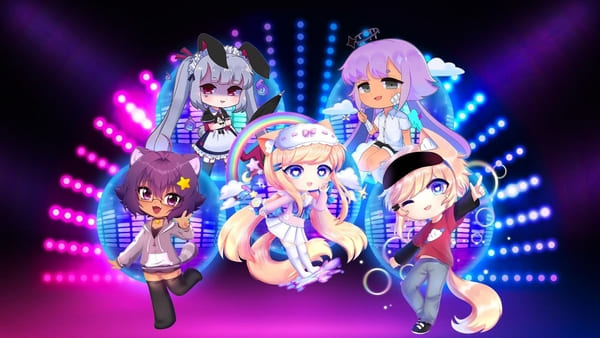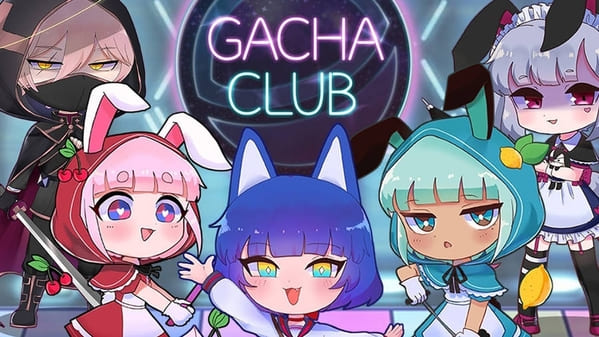
Gacha Club
All trademarks belong to their respective owners.
Advertisement
Popular Now
Gacha Club is a popular mobile game where players can create and customize characters, engage in battles, and enjoy mini-games. Despite being free-to-play, the game heavily relies on microtransactions through the "gacha" mechanic, which uses randomized loot boxes for unlocking items and features. This article explores the challenges posed by these monetization strategies, including the ethical concerns around gambling-like mechanics, transparency issues, and their effects on the player experience.

 The loot box system shares similarities with gambling, with players paying real money for a chance to win rare items. This is particularly concerning for younger audiences, who may not fully understand the risks of spending money on in-game purchases. The game’s random nature encourages compulsive spending, making it important to regulate such features for ethical reasons.
The loot box system shares similarities with gambling, with players paying real money for a chance to win rare items. This is particularly concerning for younger audiences, who may not fully understand the risks of spending money on in-game purchases. The game’s random nature encourages compulsive spending, making it important to regulate such features for ethical reasons.
 Many parents are unaware of the game's spending mechanisms, which can lead to unexpected charges. The game's social features, including community interactions on platforms like YouTube and TikTok, add to the pressure for players to spend money in order to showcase rare items or fit in with their peers.
Many parents are unaware of the game's spending mechanisms, which can lead to unexpected charges. The game's social features, including community interactions on platforms like YouTube and TikTok, add to the pressure for players to spend money in order to showcase rare items or fit in with their peers.

1. The Gacha Mechanic: Randomness and Frustration
The core feature of Gacha Club is its random loot box system, where players use Gems (either earned or purchased) to unlock random rewards. This randomness creates excitement but also leads to frustration as players may spend large sums without obtaining the desired items. The lack of transparency regarding the odds of receiving specific items adds to the frustration, especially when spending real money for virtual rewards.2. Microtransactions and Pressure to Spend
While the game is free-to-play, players are encouraged to buy Gems to unlock premium content or speed up progress. Although Gems can be earned through gameplay, the rate of accumulation is slow, making it tempting for players—particularly younger ones—to spend money to bypass this grind. This creates a cycle where players are incentivized to spend to keep up with in-game progression or social pressure.3. Ethical Concerns: Gambling and Younger Audiences
 The loot box system shares similarities with gambling, with players paying real money for a chance to win rare items. This is particularly concerning for younger audiences, who may not fully understand the risks of spending money on in-game purchases. The game’s random nature encourages compulsive spending, making it important to regulate such features for ethical reasons.
The loot box system shares similarities with gambling, with players paying real money for a chance to win rare items. This is particularly concerning for younger audiences, who may not fully understand the risks of spending money on in-game purchases. The game’s random nature encourages compulsive spending, making it important to regulate such features for ethical reasons.
4. Parental Concerns and Social Pressure
 Many parents are unaware of the game's spending mechanisms, which can lead to unexpected charges. The game's social features, including community interactions on platforms like YouTube and TikTok, add to the pressure for players to spend money in order to showcase rare items or fit in with their peers.
Many parents are unaware of the game's spending mechanisms, which can lead to unexpected charges. The game's social features, including community interactions on platforms like YouTube and TikTok, add to the pressure for players to spend money in order to showcase rare items or fit in with their peers.

















